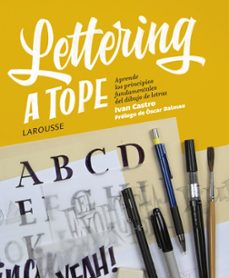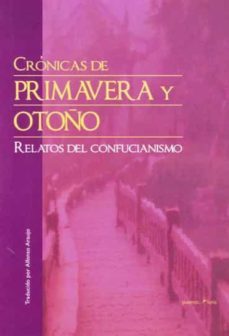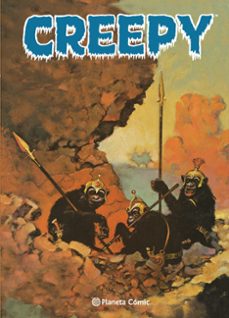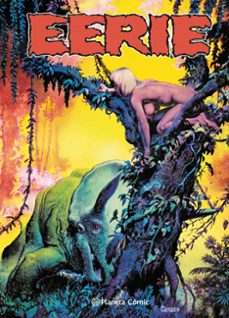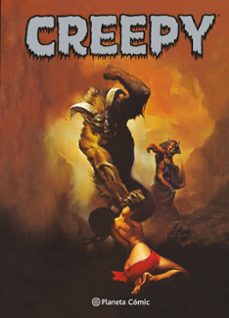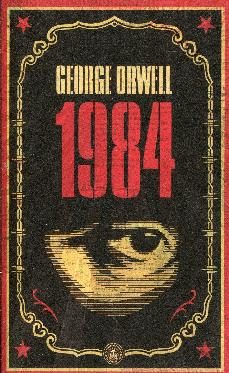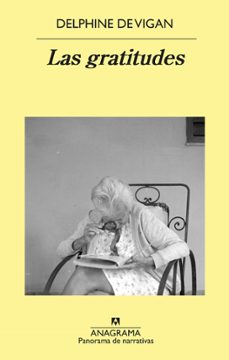📗 Libro en inglés VANITY FAIR
VINTAGE INTERNATIONAL. RANDOM HOUSE- 9780375757266
Sinopsis de VANITY FAIR
A marvelous, incisive social satire that gleefully exposes the greed and corruption raging in England during the turmoil of the Napoleonic wars through its tracing of the changing fortunes of two unforgettable women. It is a comic masterpiece that still resonates today. "Re-reading "Vanity Fair," one realises what a brilliant innovation this was in the English novel," remarked V. S. Pritchett. "Thackeray is like the modern novelists who derive from James and Proust, in his power of dissecting (and of desiccating!) character." Generally considered to be his masterpiece, "Vanity Fair" is Thackeray's resplendent social satire that exposes the greed and corruption raging in England during the turmoil of the Napoleonic wars. Subtitled "A Novel Without a Hero," it traces the changing fortunes of two unforgettable women: the scheming opportunist Becky Sharp--one of literature's most resourceful, engaging, and amoral heroines--and her foil, the faithful, naive Amelia Sedley. Thackeray's subversive, comic attack on the hypocrisy and "dismal roguery" of an avaricious world resonates 150 years later with implications for our own times. "Thackeray is an urbane nineteenth-century guide and commentator in a portrait gallery that is for all time," observed Louis Auchincloss. "He is the restless inhabitant of a prudish age, nostalgic, discursive, anecdotal, sentimental, worldly-wise, now warning us, now making fun of us, now reproving us .... Thackeray's harshest criticism of humanity is simply the point where ours commences. His perception of self-interest in every act is the ABC of modem psychology."
Ficha técnica
Editorial: Vintage International. Random House
ISBN: 9780375757266
Idioma: Inglés
Número de páginas: 768
Tiempo de lectura:
15h 58m
Encuadernación: Tapa blanda
Fecha de lanzamiento: 09/06/2001
Año de edición: 2001
Plaza de edición: New York
Alto: 20.0 cm
Ancho: 12.0 cm
Especificaciones del producto
Escrito por William Makepeace Thackeray
William Makepeace Thackeray (1811-1863) nació en Calcuta, hijo de una familia de funcionarios angloindios. A los cinco años, tras la muerte de su padre, se trasladó a Inglaterra donde más tarde estudiaría derecho en Cambridge, carrera que abandonaría para viajar por Europa como corresponsal de diversos periódicos. En 1836 se casó en París con Isabella Shawe. En 1844 publicó su primera novela, Barry Lyndon, de influencia dickensiana. En 1847 apareció El libro de los snobs, integrado por una serie de ensayos y dibujos en los que el autor caricaturizaba la hipocresía de la sociedad británica, y vio la luz por entregas su obra maestra, La feria de las vanidades, a la que seguirían obras como The History of Pendennis (1848-1850), La historia de Henry Esmond (1852), The Newcomes (1853-1855) y The Virginians (1857-1859).
Descubre más sobre William Makepeace Thackeray Recibe novedades de William Makepeace Thackeray directamente en tu email
Opiniones sobre VANITY FAIR
¡Sólo por opinar entras en el sorteo mensual de tres tarjetas regalo valoradas en 20€*!
